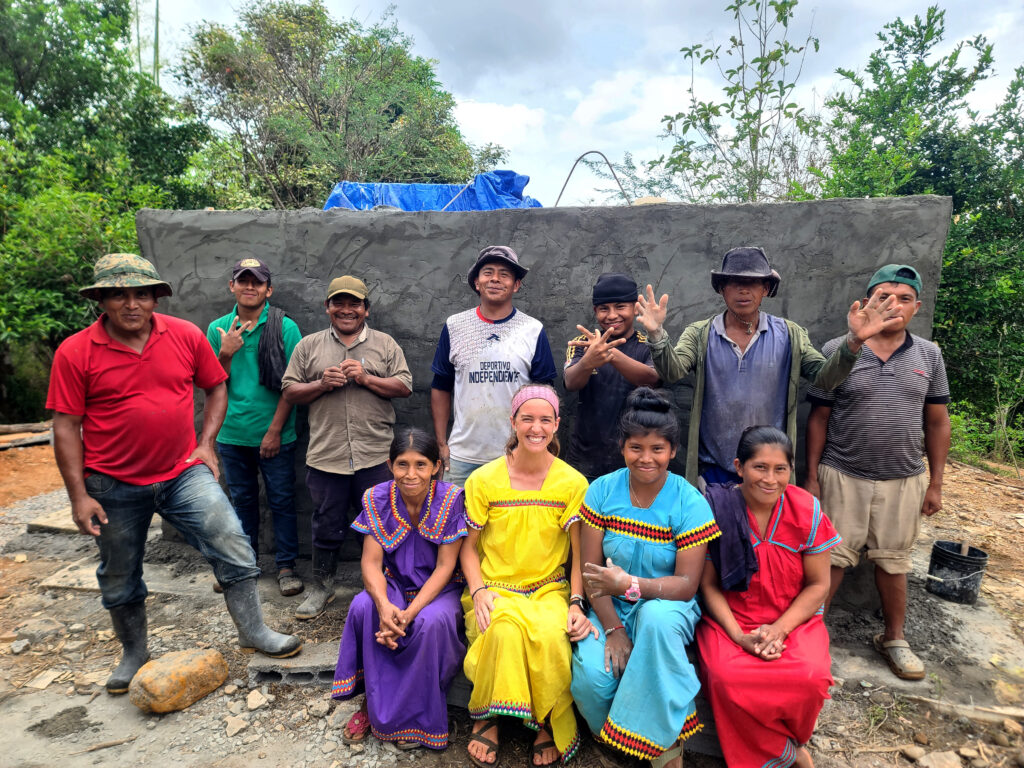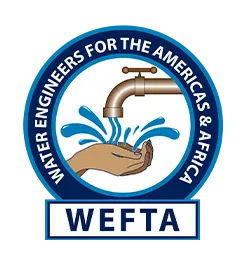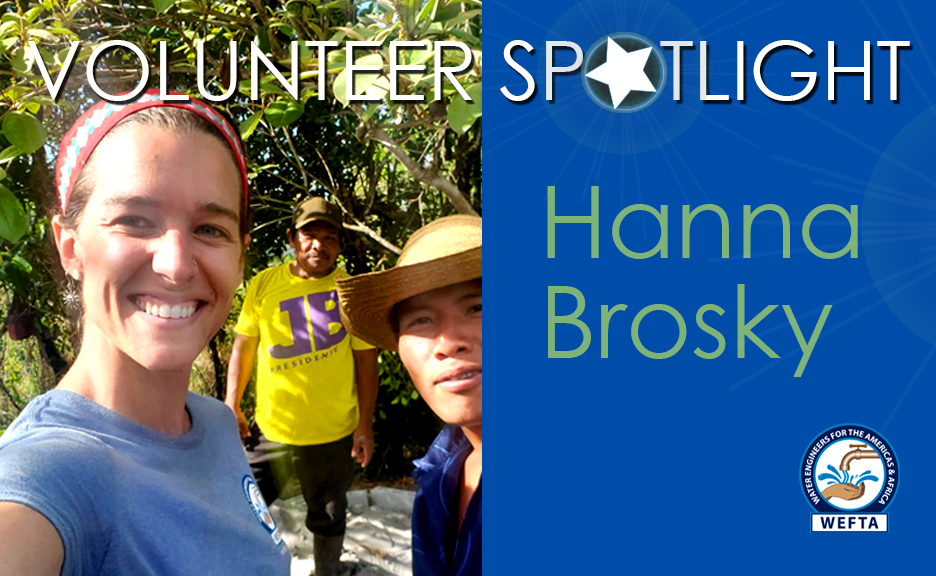When the Bajo Algodón community water board proposed clearing a road through the rain forest to bring in materials for a WEFTA water and sanitation project, Hanna Brosky witnessed the Panamanian community mobilize in short order. The University of North Carolina (UNC) graduate student and WEFTA volunteer describes an amazing transformation within the community: “Weekdays and every Saturday, all ages were clearing the path, widening the route for the possibility of a pickup truck to pass through.”
Teamwork pays off in Bajo Algodón
When the big day came to deliver materials, Hanna sat in the passenger seat of the truck. “I smiled as the truck shakily managed over the rough road and Bajo Algodón began to appear over the hill. As we crested the mountain and dropped closer to the materials drop-off point, I felt tears in my eyes. The entire community was waiting, shovels, horses, kras, and sacos, ready to begin hiking in materials. As they saw me in the window, everyone waved and smiled happily. I jumped out of the truck and looked around at the women, children, and men of all ages. No complaints were heard, everyone was there and willing to do whatever it took to get the project moving and water flowing into homes.”
WEFTA continues the work of the Peace Corps
Hanna began working in Bajo Algodón as a WASH engineer for the Peace Corps prior to the COVID-19 pandemic. Once the pandemic began, the global evacuation of Peace Corps volunteers left the community without funds to complete the project. Fortunately, WEFTA committed to investing in and completing the Bajo Algodón water system. This allowed Hanna to return to the community as a WEFTA field engineer. Her specific duties include working with the community water committee on project design development, managing material delivery, and construction. She believes that through the combination of her engineering expertise and community members sharing their knowledge of the terrain and local resources, water and sanitation systems will be improved, achieving better health outcomes for local families.
In addition to working toward her doctorate at UNC, Hanna is employed as a wastewater-based epidemiologist for the University of Arizona Yuma Center of Excellence for Desert Agriculture. The goal of her research is to identify how water and sanitation systems can be improved to eliminate disease and foster better health.
Hanna appreciates WEFTA’s history of working alongside communities to the point of project completion and then maintaining the effort to follow up on completed projects. WEFTA’s emphasis on transparency, accountability, and global reach aligns with her desire to contribute to the broader goal of achieving universal access to clean water and sanitation. Looking ahead, Hanna hopes to find more opportunities to work with WEFTA in other countries. Most importantly though, she aims to provide continued maintenance for the Bajo Algodón project, ensuring water and sanitation services are meeting delivery standards.


